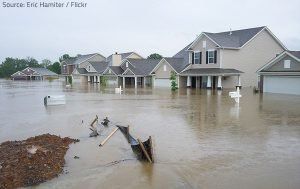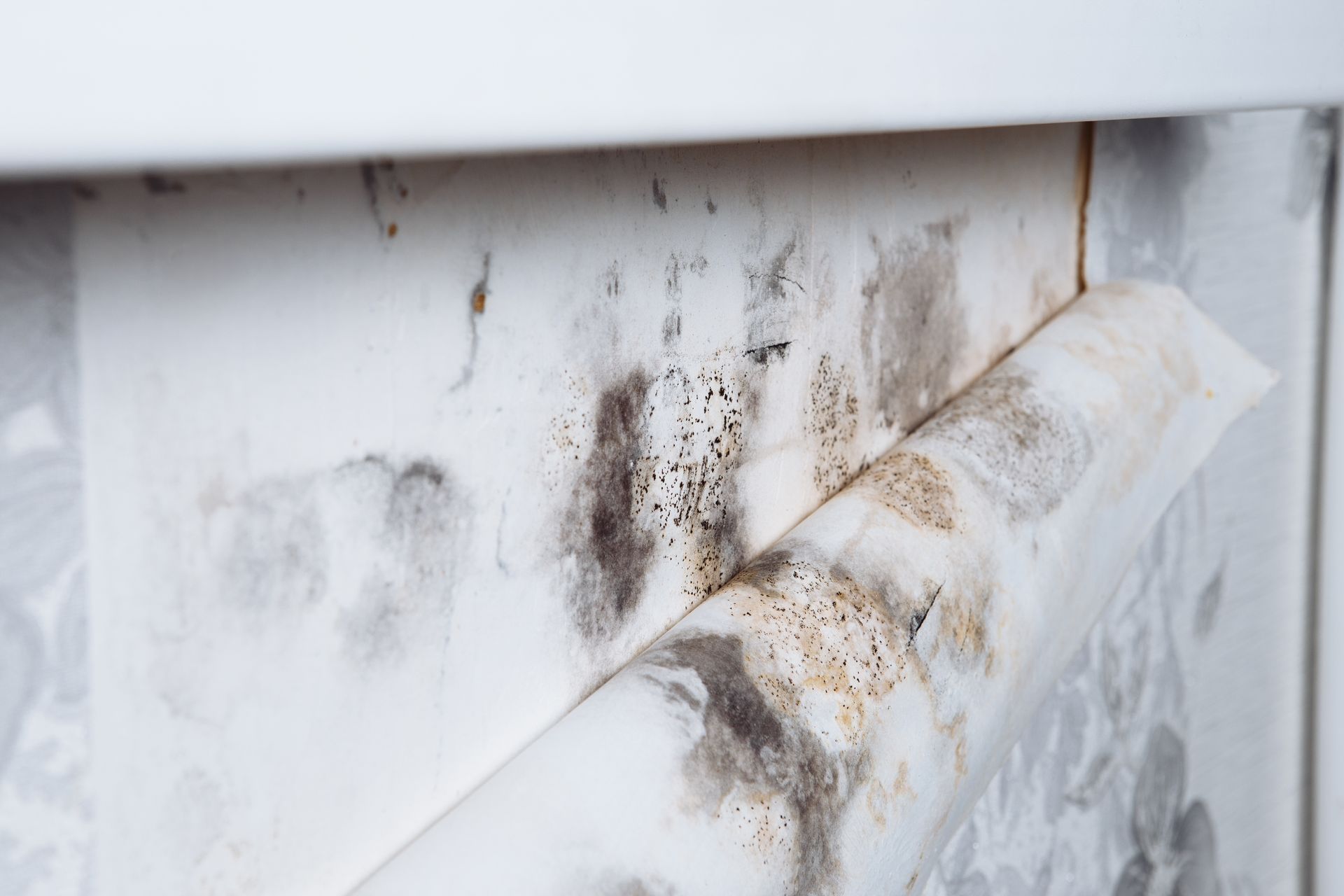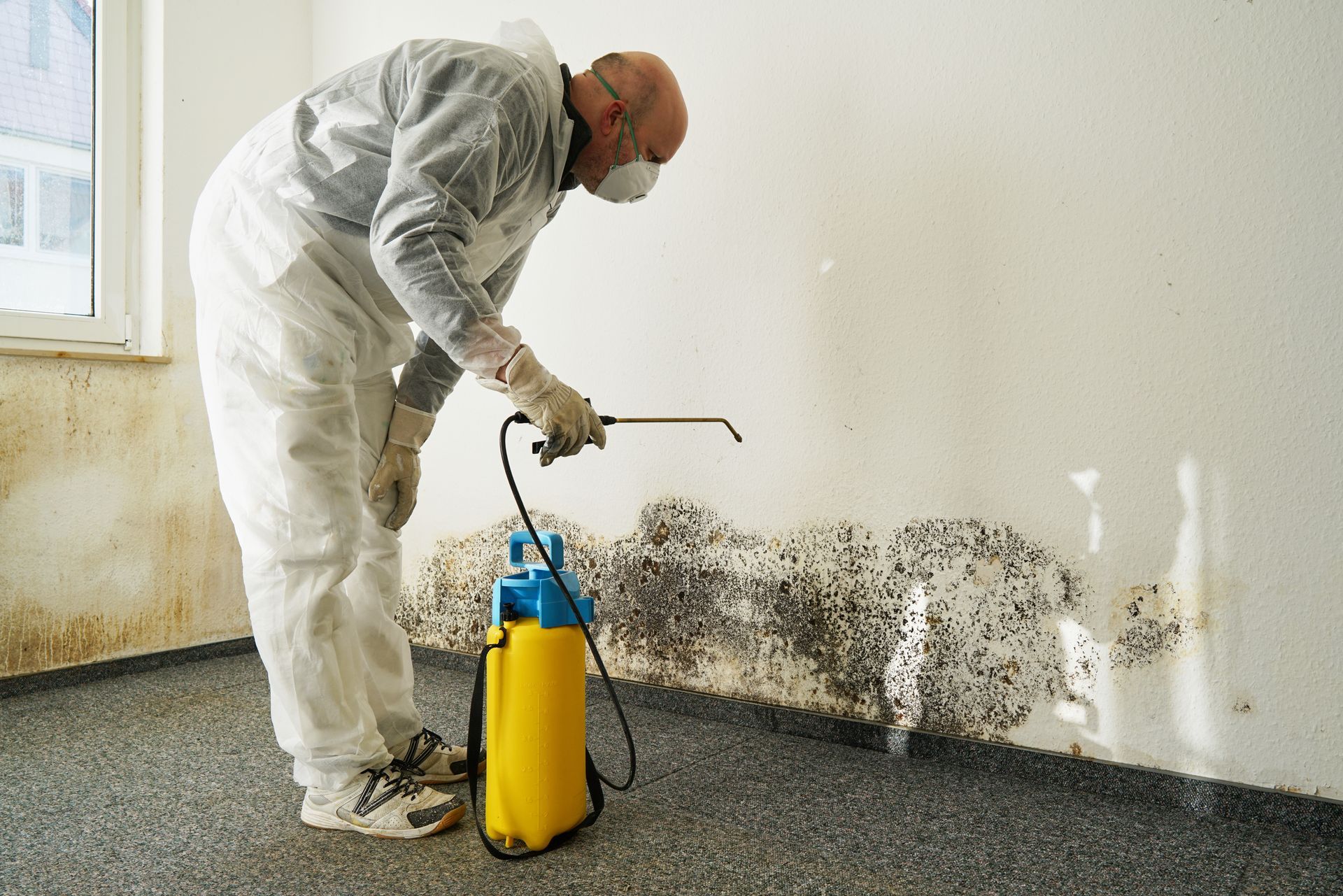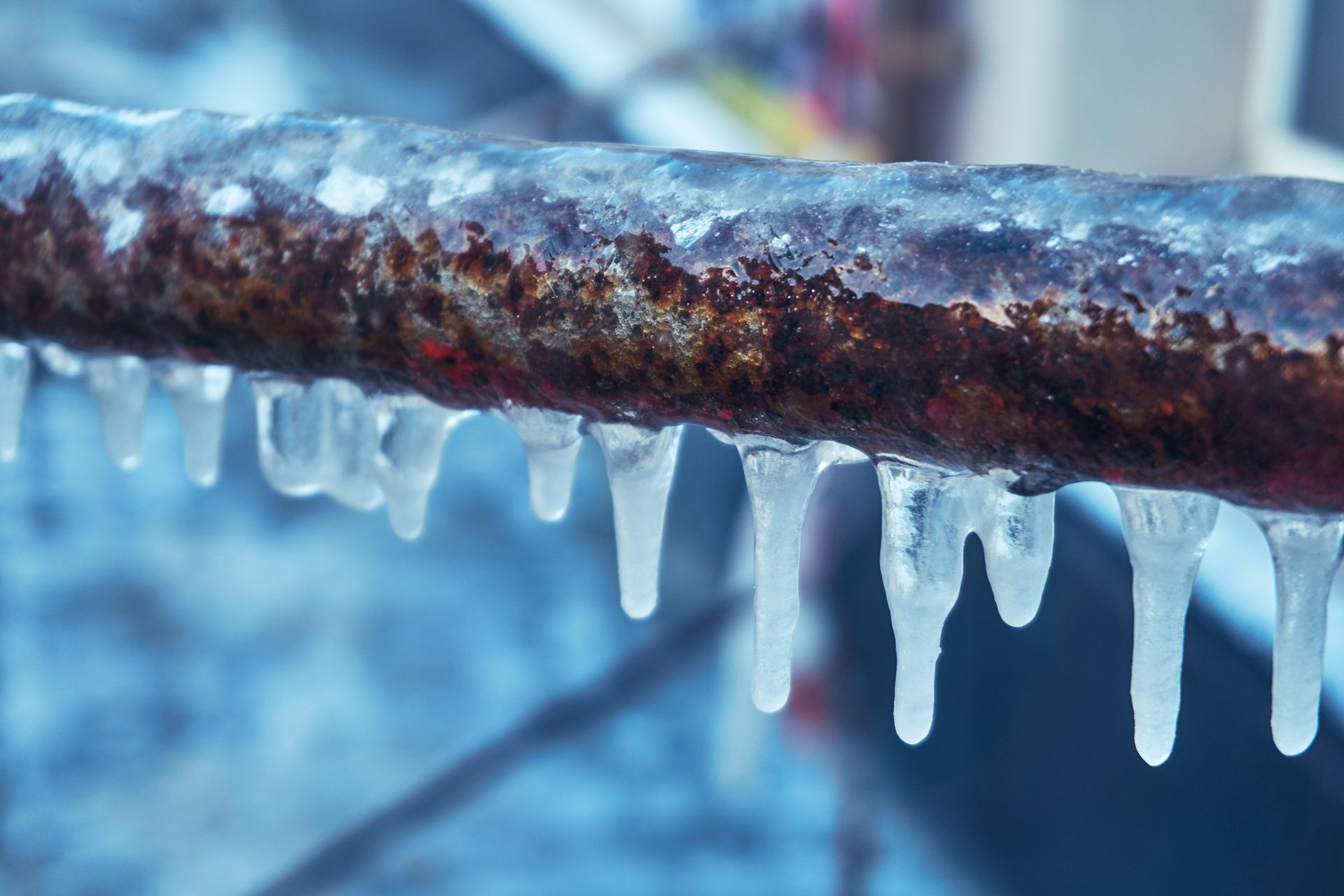Health Concerns Following A Natural Disaster
Over the last several decades alone, natural disasters have killed millions of people and adversely affected the lives of billions more. In addition to the severe accidents and substantial structural damage they cause, earthquakes, hurricanes, floods, and other natural calamities have grave social, economic, and health consequences as well.
In the aftermath of a natural disaster, the risk for epidemic outbreaks gets higher:
- The shortage of fresh food, typical for post-disaster periods, results in malnutrition that weakens the immune systems of the people in the affected area;
Communicable diseases spread more quickly and more easily after natural disasters.
- The limited access to safe water and lack of proper sanitation pose a risk of infections and gastrointestinal problems (diarrhea, hepatitis, and various other bacterial diseases can be transmitted by direct contact with contaminated water);
- The crowded living conditions and poor hygiene levels in emergency camps facilitate the transmission of infectious diseases;
When people return home after a disaster, their health and safety may be compromised by unsanitary and/or hazardous living conditions in the house. From ruptured gas lines and stagnant water containing bacteria, to mold growth and vermin infestation, there are various risk factors that can result in personal injuries and serious diseases unless proper precautions are taken to ensure the safety and well-being of the occupants of the home.
CAUSES OF HEALTH RISKS AFTER NATURAL DISASTERS
- Structural damage and debris – falling structural elements, exposed cables and electrical wires, downed power lines and ruptured gas lines, broken glass and splintered woodwork can cause serious injuries, electric shocks, and even carbon monoxide poisoning;
Floodwater poses a number of risks to the people in disaster-ridden communities.
- Floodwater and stagnant water – Floodwater is often contaminated with sewage and chemicals and contains various harmful toxins. If it has come in contact with any household items and materials, it will have contaminated them as well, so touching or using them before they have been thoroughly disinfected may result in skin infections, stomach problems, and conjunctivitis. If there is stagnant water in or near the home, it may contain bacteria that can cause gastrointestinal problems and various infections if it comes in contact with open wounds or mucous membranes;
- Mold – When the right conditions are present (ample organic food and abundant moisture), mold growth can begin within 48 hours. It will spread very fast in the humid environment caused by natural disasters like floods and hurricanes and will quickly affect large parts of the home. The harmful microorganisms will not only cause considerable structural damage, but will also have a negative impact on the health of the occupants – mold can trigger a variety of allergy symptoms and other serious health issues, such as headaches, dizziness, respiratory problems, sinus infections, eye irritations, rashes, etc. It can even aggravate conditions like asthma or chronic obstructive pulmonary disease.
- Environmental toxins – Lead and asbestos are present in various construction materials that were widely used before the 1970’s (when these substances were discovered to be harmful to the health). They are considered to be safe when undisturbed, but hurricanes, earthquakes, and other natural disasters can cause considerable damage to floors, walls, insulation, siding, shingling and other structural elements that contain asbestos and/or lead. As a result, lead dust and asbestos fibers may be released in the air. If inhaled or ingested, these microscopic toxins can cause respiratory problems and long-lasting health issues.







